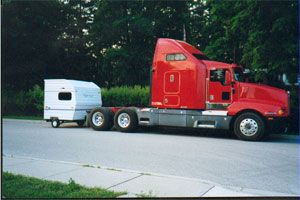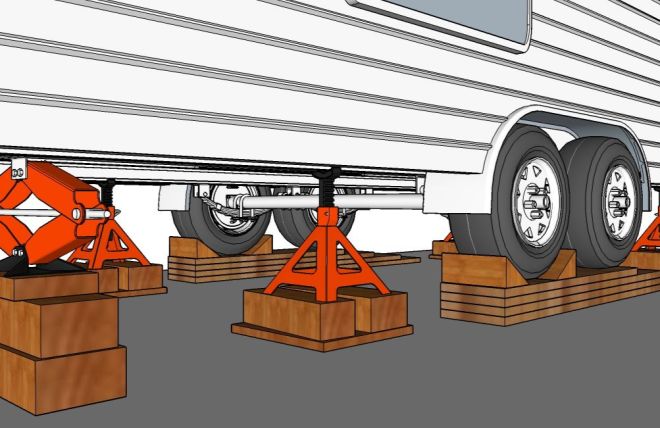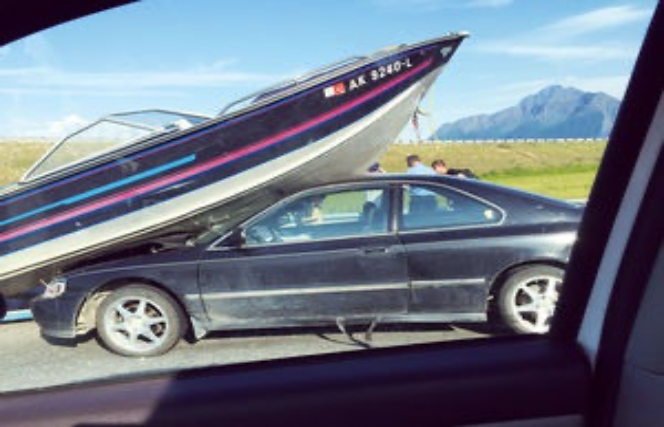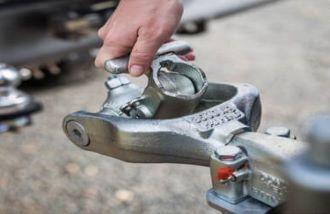Boat trailers are an essential piece of equipment for many boat owners. They allow us to transport and launch our boats safely and efficiently from home to the sea, lake or river. They also tend to be the least looked after component in the boating department, with love and money spent on the boat, its toys – fishing gear, rigging, & all the other fun stuff – and the trailer gets neglected until the unfortunate trailer failure on the side of the road with a chilly bin or eskie full of fish going off, and a car load of tired, grumpy kids and other half!
However, like any other vehicle, boat trailers require regular maintenance to keep them hauling your boat around.
One of the main critical components of a boat trailer (if fitted) that needs attention, is the brakes. In this article we will discuss the steps involved in maintaining boat trailer brakes.
-
Wash down the trailer after a day at the beach
After a day on the water, the last thing you want to do is muck about cleaning the trailer - theres' beer to drink, stories to tell and fish to cook! If you have a spare 5 minutes, especially after washing your boat or flushing your outboard, is to give the trailer a hose down with fresh water, especially around the axles, hubs and rims and wherever else the trailer has been in contact with sea water.
A couple of minutes here can give you years of extra life to your trailer and its running gear. Salt water is a trailer killer, do whatever you can to reduce its contact with your trailer!
-
Inspect the brake system regularly
After a good clean, the next step in maintaining boat trailer brakes is to inspect them regularly. It's essential to inspect the brake system after every use and at least once every six months. During the inspection, check the brake pads, rotors, and brake lines for any signs of wear or damage. Look for cracks or tears in the brake lines and any corrosion or rust on the rotors or brake pads.
-
Check the brake fluid level
Next, check the brake fluid level in the master cylinder. The master cylinder is usually located near the tongue of the trailer. If the brake fluid level is low, add the appropriate type of brake fluid to bring it to the correct level. Make sure not to overfill the master cylinder, as this can cause brake fluid to spill out when the brakes are applied.
If the brake fluid looks cloudy or milky, it has been contaminated by water. Check the master cylinder cap and replace if the seal is perishing and the plastic of the cap is cracked or crazed. Drain and replace the brake fluid and bleed the system of air.
Check out brake fluid replacement and bleeding here -
-
Bleed the brake system
If you notice any air bubbles in the brake lines during the inspection, you may need to bleed the brake system. Bleeding the brake system involves removing any air bubbles that have become trapped in the brake lines. This process ensures that the brakes are working correctly and can stop the trailer effectively. You can do this by using a brake bleeder kit or taking the trailer to a professional mechanic. Click here for step by step guide to bleeding the brake system -
-
Replace worn brake components
If you notice any signs of wear or damage during the inspection, it's essential to replace the affected brake components. Worn brake pads or rotors can lead to decreased braking performance, which can be dangerous when towing a boat. Replace any damaged or worn brake components immediately to ensure the safety of your trailer and boat.
-
Test the brakes
After you have completed any maintenance or repairs on the brake system, it's essential to test the brakes before using the trailer. Find a safe and empty location to test the brakes by applying them gradually and slowly increasing the pressure. Make sure the brakes are stopping the trailer effectively before transporting your boat.
Maintaining boat trailer brakes is essential to ensure safe and efficient transporting of your boat and all your expensive fishing gear and toys. Regular cleaning, inspections, checking brake fluid levels, bleeding the brake system, replacing worn components, and testing the brakes are all critical steps in maintaining boat trailer brakes. If you are not comfortable performing maintenance or repairs on your trailer brakes, get your local mechanic to give it a going over.
Happy boating!



